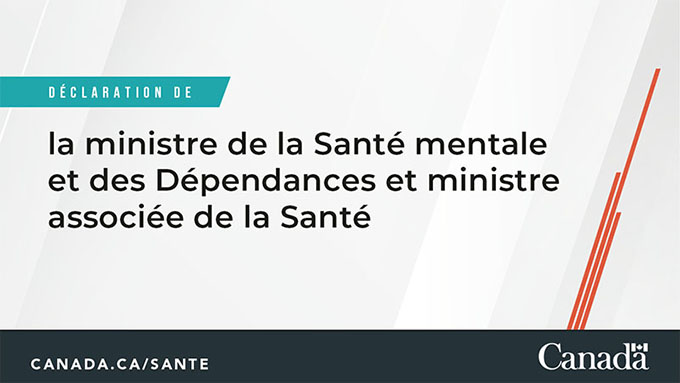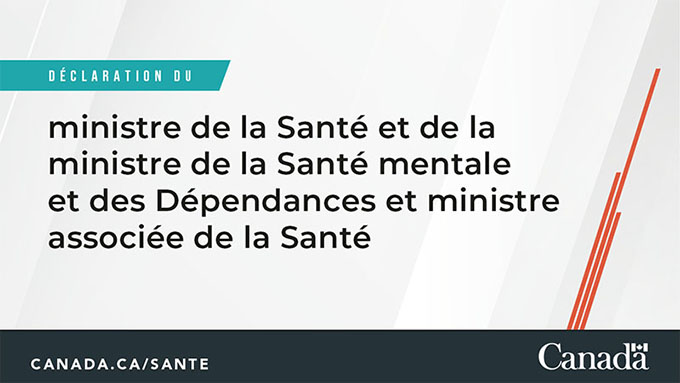Planning for French-language health services in the Greater Toronto Area is “caught in a vicious circle.” Suppliers are not seeing strong demand, while French speakers face numerous “barriers” to requesting services in their language, according to a survey.
“The motivation of Francophones to use services in French is closely linked to proactive provision,” says a report by Entité 3. The organization, whose mission is to “advise Ontario Health,” surveyed 30 French-speaking immigrants in the Greater Toronto Area and conducted interviews with them to better understand their perception of active demand, a practice that aims to actively request services in French to “put pressure on healthcare facilities and stimulate the system to meet this growing demand.” explains Entité 3.
Since the Active Offers Regulation came into effect in 2024, any organization designated under the French Language Services Act in Ontario must welcome users in their language without them having to ask. This affects ministries, but also education and health services.
Nevertheless, 73% of French-speaking immigrants who responded to the survey receive healthcare in English, although the majority of them (60%) “expressed at least once their desire to receive healthcare services in French.” And of them, only 22% achieved “regular satisfaction.”
“Significant information gap”
However, it should be noted that 40% of participants have never “expressed their desire to receive healthcare services in French”, as we can read in the report, even if 91% believe that it is “crucial” to be treated in your own language.
According to Entité 3, there is a “serious lack of information within the French-speaking community” about language rights in health matters, while 74% of participants “are not informed about the resources available.”
But language barriers and “the perception that health facilities are not motivated to employ French-speaking staff increase feelings of injustice and hardship” and lead to “delays in care, some frustration, as well as a feeling of marginalization.” Many participants “often feel excluded from their own care process.”
One participant said he had already “undergone” shoulder surgery without understanding what led to this decision. “I had to sign a document that was entirely in English, [dont] I didn’t understand the content, but I agreed because it might have been a matter of life and death. »
They all also show “distrust” of interpreting services, which they do not always consider to be accurate.
Only 35% of them turn to general practitioners, while almost half turn to “various health institutions, with the exceptional services such as emergencies, outpatient treatment for you” or even “self-medication” clearly predominating “Neither consistency nor regularity in monitoring”, comments on the organization.
“For those who live in Ontario, I think that French-speaking family doctors are not just a priority, but an emergency to save lives,” testified one participant.
This report is supported by the Local Journalism Initiative, funded by the Government of Canada.
To watch in the video

Award-winning entrepreneur. Baconaholic. Food advocate. Wannabe beer maven. Twitter ninja.




